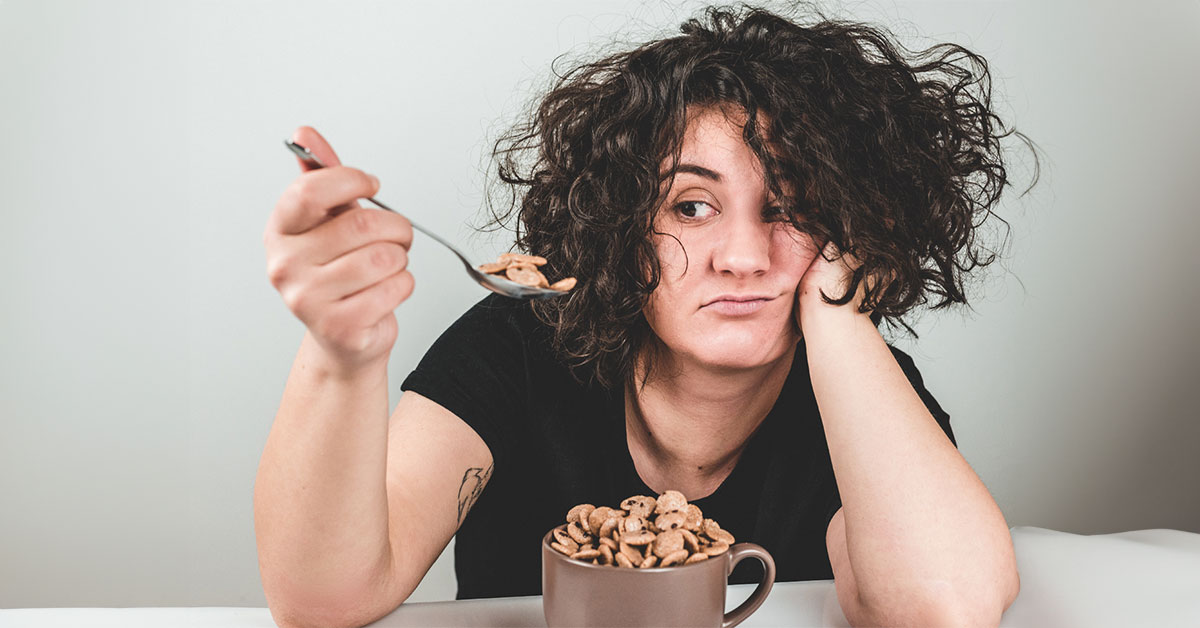Today we’ll discuss whether stomach stretching occurs from consuming large amounts of food, and the answer might surprise you! Many people believe that eating too much can permanently expand their stomach, but the truth about stomach stretching is more complex than you might think.
Does the stomach stretch from food?
“Stomach stretching” refers to the idea that eating larger quantities of food over time will lead to an expansion of the stomach, resulting in feeling hungry more often and needing more food to satisfy hunger.
On an empty stomach, the average human stomach holds a volume of about 200 milliliters. This baseline is true regardless of whether a person is obese or not, as body size and stomach size do not correlate.
However, when we prepare to eat, our brain sends a signal to the stomach that food is on the way. In anticipation, the stomach muscles relax, and the stomach prepares to fill with food — a process known as “gastric accommodation.” During eating, the average person’s stomach can stretch up to five times its normal fasting state.
After food passes through the digestive tract, the stomach returns to its original size. A few large meals in a row won’t cause your stomach to stretch permanently.
In this sense, you don’t “stretch your stomach” by eating more food. Rather, eating patterns change the amount of food the stomach can hold.
So does the stomach stretch?
When it comes to stomach elasticity, the most important factor is how you eat. Several studies have shown that eating habits have a strong influence on stomach capacity.
A 2001 study showed that people with binge eating disorder have higher stomach capacity than those without binge eating disorder. It was also found that people with bulimia have very high stomach capacity, which is consistent with the theory that eating patterns affect how much the stomach can expand. According to the Mayo Clinic, “People with bulimia may secretly binge — eating large amounts of food — and then purge, trying to get rid of the extra calories in an unhealthy way.” The results led the study authors to conclude that “stomach volume is more related to overeating than to body mass.”
The food we eat passes through the stomach, but our brain plays an important role in hunger, eating, and satiety.
When your stomach stretches to a certain point during eating, it sends a signal to the brain that you’re no longer hungry. But when overeating and eating beyond the point of satiety become the norm, the natural nervous reflex weakens.
The speed at which you eat also affects the transmission of stomach signals to the brain. The “I’m full” signal takes some time to kick in, so eating quickly can lead to overeating before you realize what you’re doing. And a couple of minutes after eating — bam! You suddenly have a stomach ache and feel heavy and want to lie down.
While stomach elasticity is important for feeling hungry, the habit of overeating and getting used to overeating has a profound effect on the brain.
Most people feel full after consuming small amounts of food. But the real problem is not just the volume of food, but what you eat.
Calories come in different forms. When you eat potato chips, you consume a lot of calories but a small volume. On the other hand, fruits and vegetables contain more volume with fewer calories. These “high nutrient density” foods help fill the stomach more effectively than “low nutrient density” foods like potato chips.






The bigger my Stomach the more it hangs and the more ihave to satisfy my hunger. The bigger it gets the better it feels